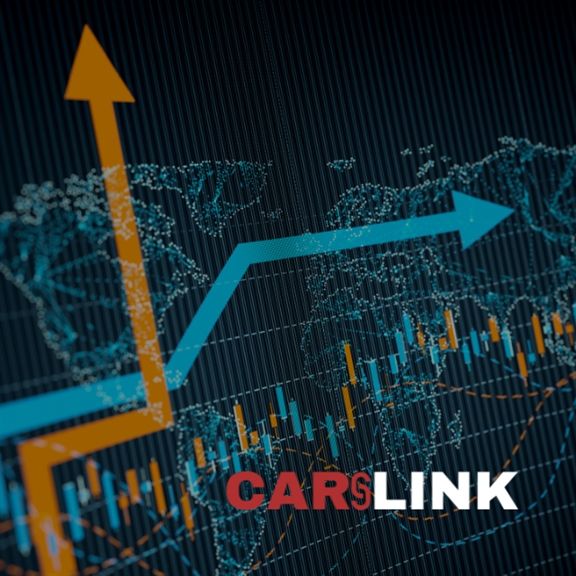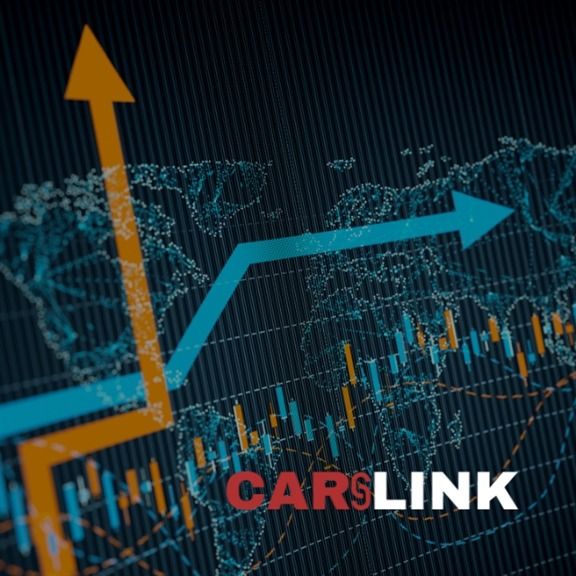
UK Automotive Market Trends 2025: A Comprehensive Analysis of Industry Shifts and Future Projections

The UK automotive industry in 2025 faces unprecedented challenges and opportunities. With the recent car finance crisis following the landmark court ruling in late 2024, combined with technological disruption and changing consumer behaviors, the industry is experiencing its most significant transformation since the introduction of mass production.
1. Current Market Overview
Market Performance
Detailed Analysis:
- The 2.5% decline in January (139,345 units) reflects multiple factors:
- Car finance crisis impact: Finance companies pausing operations
- Consumer hesitation due to pending £30 billion compensation claims
- Economic uncertainty affecting purchasing decisions
- Supply chain disruptions continuing from global events
Used Car Market Resilience:
- Cash purchases increased by 15% as finance options decreased
- Private sales showing stronger performance than dealer sales
- Average used car prices decreased by 4.2% to adjust to market conditions
- Increased demand for vehicles under £15,000
Vehicle Preferences Deep Dive:
- Petrol Vehicles (52.2% market share):
- Continued dominance due to infrastructure reliability
- Lower initial purchase costs
- Improved fuel efficiency in newer models
- Consumer familiarity and trust
- BEVs (19.6% market share):
- Growth despite infrastructure challenges
- Government incentives driving adoption
- Improved battery technology reducing range anxiety
- Corporate fleet adoption leading the way
2. Electric Vehicle Revolution
Growth Trajectory Detailed Analysis:
- 34% BEV sales growth breakdown:
- Corporate fleet purchases: 45%
- Private buyers: 35%
- Mobility services: 20%
Infrastructure Development:
- Current charging network:
- 42,000 public charging points
- 3,500 rapid chargers
- Regional distribution challenges
- Urban vs. rural availability gap
Battery Technology Advances:
- New solid-state batteries entering testing phase
- Range improvements of 35% year-over-year
- Charging time reduced by 40%
- Cost per kWh decreased to £89
3. Production and Manufacturing Trends
Current Status Expanded:
- Production adaptation strategies:
- Flexible manufacturing lines
- Hybrid vehicle capabilities
- Component standardization
- Supply chain localization
Manufacturing Evolution Details:
- Advanced manufacturing integration:
- AI-powered quality control
- Robotic assembly improvements
- Digital twin technology implementation
- Predictive maintenance systems
4. Consumer Behavior and Market Dynamics
Key Trends Detailed:
- Sustainability focus:
- 68% of buyers consider environmental impact
- 45% willing to pay premium for green vehicles
- Growing interest in vehicle lifecycle impact
- Increased demand for recycled materials
Market Influences Analysis:
- Economic factors:
- Interest rate impacts
- Finance availability challenges
- Cost of living considerations
- Fuel price volatility
5. Digital Transformation
Technology Integration Specifics:
- Connected vehicle features:
- Real-time diagnostics
- Over-the-air updates
- Integrated entertainment systems
- Advanced safety features
Digital Sales Evolution:
- Online purchasing trends:
- 35% of sales initiated online
- Virtual showroom visits up 85%
- Mobile-first buying journey
- Digital documentation processing
6. Future Outlook and Predictions
Market Projections Detail:
- Growth factors:
- Post-finance crisis recovery
- New financing models emergence
- Technology adoption rates
- Regulatory compliance impact
Industry Challenges Analysis:
- Supply chain resilience:
- Component sourcing strategies
- Local manufacturing emphasis
- Stock management innovation
- Cost control measures
7. Impact on Dealerships and Retail
Adaptation Strategies Expanded:
- Digital integration:
- Virtual showroom technologies
- Online booking systems
- Digital documentation
- Remote vehicle demonstrations
Customer Experience Enhancement:
- Personalization strategies:
- Data-driven customer profiling
- Tailored communication channels
- Custom vehicle configurations
- Aftercare programs
8. Recommendations for Industry Stakeholders
Detailed Manufacturer Guidance:
- Technology investment priorities:
- EV platform development
- Connected car capabilities
- Manufacturing automation
- Sustainability initiatives
Comprehensive Dealer Strategies:
- Digital transformation roadmap:
- Online presence optimization
- Staff digital training
- Customer data management
- Service digitalization
The UK automotive market in 2025 stands at a crucial crossroads, particularly with the ongoing car finance crisis and regulatory changes. Success requires a delicate balance of traditional automotive expertise with modern digital capabilities, all while maintaining strict compliance with evolving regulations and customer protection measures.
#UKAutomotive #CarIndustry #AutoTrends2025 #ElectricVehicles #EVAdoption #AutomotiveIndustry #CarDealership #AutoTrade #UKCars #AutomotiveTech #DigitalTransformation #FutureOfAutomotive #CarMarket #AutoNews #UKBusiness #CarDealer #EVTransition #GreenMobility #AutomotiveRetail #CarSales #CarFinance #AutoFinance #SupremeCourt #ConsumerRights